TEHRAN(Bazaar) – Professor Hossein Askari, who teaches international business at the George Washington University, says Iran has two reasonable choices but a return to the JCPOA is NOT one of them.
He also adds that “I used to think that there might be hope with the new U.S. administration. But now I am not optimistic at all. Biden has a long association with Israel.”
Following is the text of the interview with Professor Hossein Askari.
Bazaar: France has recently stated that if the Vienna talks are delayed, not only will reaching an agreement on the lifting of sanctions be delayed, but it will also jeopardize the possibility of concluding the Vienna talks and reviving the JCPOA. What is your assessment of France's recent stance?
Askari: I would agree that a long delay would make it less likely that the parties would return to the JCPOA. I say this because delay would harden each sides position. Iran will continue to enrich uranium to higher levels, something that is a natural response. The other parties would demand Iran return to the JCPOA as it was but without making meaningful concessions. Iran’s economy would suffer further and Iran would demand compensation for the damage done from the U.S. withdrawal, something that the other side would not accept. The only realistic choice for Iran are two. Develop a bomb. Get China’s full backing and accept all concession that this might entail.
Bazaar: France also took a tougher stance than other European countries in the negotiations leading up to the JCPOA. Even now, even in the midst of the negotiations, France has raised the issue of Saudi Arabia's entry into the negotiations. Raising these issues could jeopardize the Vienna talks. Is it possible that France will continue to raise similar positions and interrupt the negotiations?
Askari: Let me first dispense with France’s support for the inclusion of Saudi Arabia in the talks. France sees that it can gain more commercially by supporting Saudi Arabia’s desire to enter the discussion. It is that simple. France hardly ever takes a principled position. It is all about money when it comes to the formulation of its foreign affairs. I am not saying that other countries are principled, but France is about the worst when it comes to having a principled foreign policy. So for me, if there is money in it, France will raise any issues. They will do whatever to support any Saudi, Emirati, Kuwaiti and Qatari request to handcuff Iran. So, yes, they could raise other issues now, or even in the future if there is an agreement on the JCPOA.
Bazaar: According to the recent words of the Iranian leader, the United States wants to include a clause in the agreement to continue negotiations on other issues. He said in the final meeting of Rouhani's cabinet with Ayatollah Khamenei: “The Americans promises that we will lift the sanctions, but they did not lift the sanctions and will not lift them. At the same time, they make a condition and say that you should include a sentence in the same agreement that some issues will be discussed later, otherwise we will not have an agreement.” Do you think the Iranian leader is not optimistic about the future of the talks?
Askari: I have no idea if the Leader is optimistic or not. But I am sure that he is very suspicious of the other side. They want Iran to surrender its highly enriched uranium, have an ‘agreement’ and they can re-instate sanctions if they choose to. This is not a good deal for Iran. So putting it this way, I think that the Iranian Leader knows that he cannot accept the kind of deal that is on the table now. But to add a sentence about other issues for future discussion makes matters only worse for Iran. They would have another excuse to walk back from a future agreement by claiming that Iran was not negotiating these other issues in good faith. So I believe that deep down, the Leader does not see much good that can come out of a revived JCPOA under prevailing conditions.
Bazaar: What is your assessment of the outcome of the Vienna talks? If you believe that the parties will reach an agreement, when do you anticipate it?
Askari: I used to think that there might be hope with the new U.S. administration. But now I am not optimistic at all. Biden has a long association with Israel. Even if an ‘agreement’ is reached, I don’t think it will last more than a year or two. Every trace of trust has dissipated. Iran has been damaged by the new sanctions and re-imposition of the earlier sanctions. The U.S. wants to squeeze even more concessions out of Iran. The Israeli and Arab lobbies have gained strength in Washington and in European capitals. And Israel is hell bent on handcuffing Iran. How can Iran give up its defenses and accept a humiliating agreement? How can a U.S. administration make meaningful concessions with lobbyists that have a stranglehold on the U.S. administration and the possible return of Trump to power and the threat of the millions that voted for him? Again, as I have said earlier, Iran has two reasonable choices but a return to the JCPOA is NOT one of them.

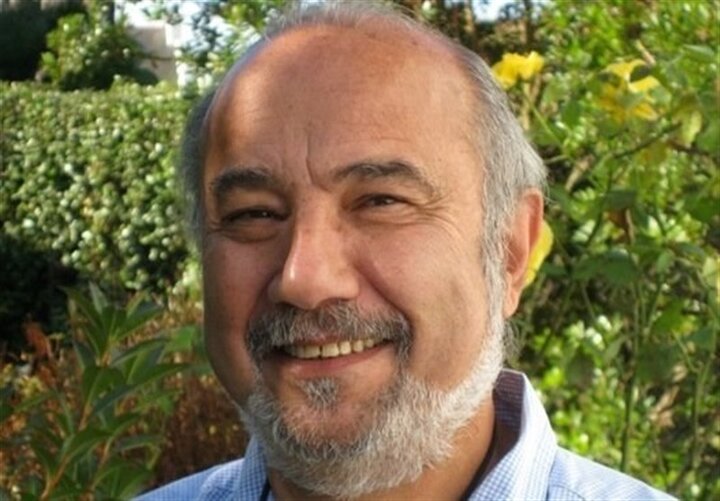



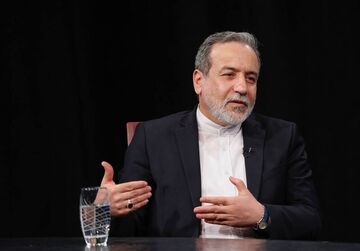
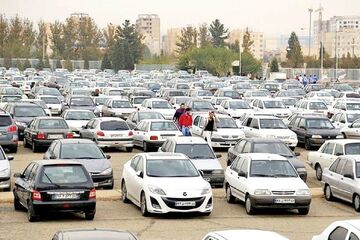
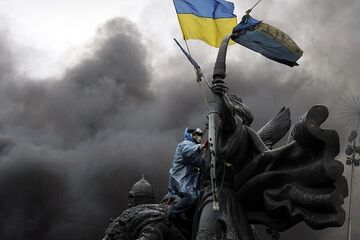
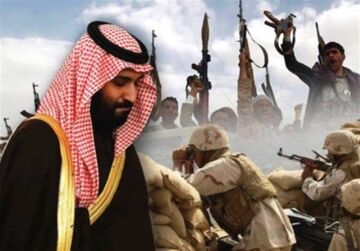
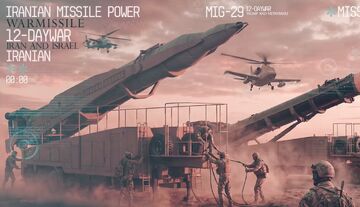
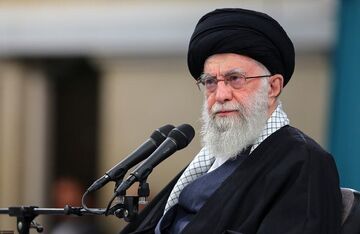

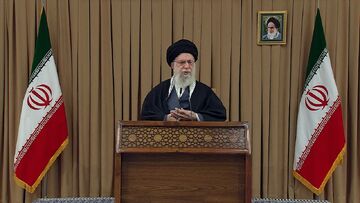
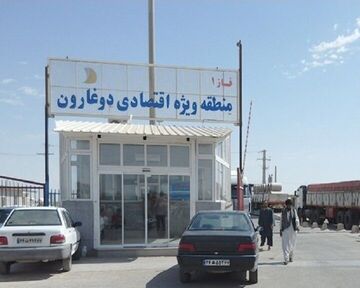

نظر شما